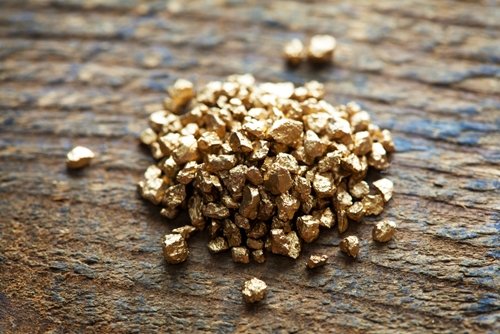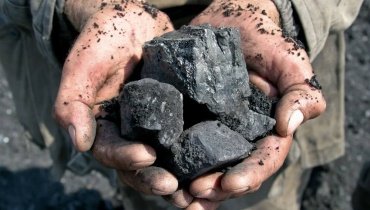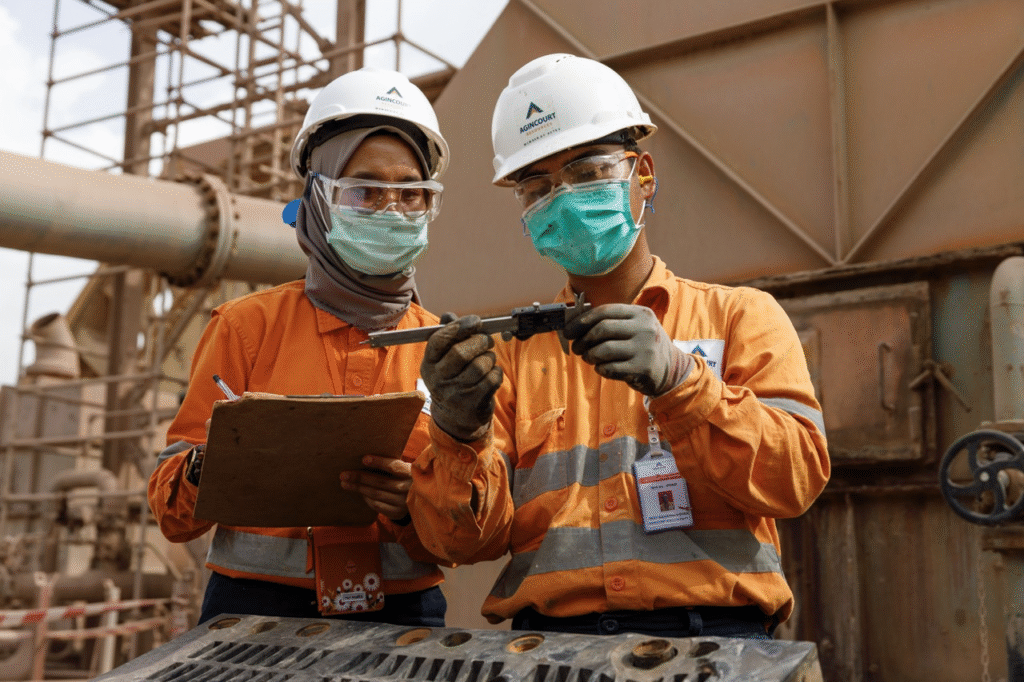South Africa Mining Minerals

South Africa is one of the most mineral-rich countries in the world, with a long history of mining operations that have shaped its economy, industry, and global trade. The country is home to some of the largest deposits of gold, platinum, coal, and other critical minerals , making it a key player in the global mineral supply chain .
Major Minerals Mined in South Africa
South Africa is known for producing a wide range of valuable minerals , including:
1. Gold
- Significance : South Africa is the world’s largest producer of gold , with the Witwatersrand Basin being one of the richest gold fields on Earth.
- Production : Over 10% of the world’s gold is mined in South Africa.
- Key Areas : Johannesburg, Witbank, and the Bushveld region.

2. Platinum Group Metals (PGMs)
- Significance : South Africa holds over 70% of the world’s PGM reserves , including platinum, palladium, rhodium, and iridium .
- Use : Used in catalytic converters, electronics, and medical devices.
- Key Areas : The Bushveld Complex , particularly around Rustenburg and Mokopane.
3. Coal
- Significance : South Africa is one of the top coal producers in Africa and the world.
- Use : Primary source of electricity generation through Eskom.
- Key Areas : Mpumalanga, Limpopo, and KwaZulu-Natal.

4. Diamonds
- Significance : While not as large as Botswana or the DRC, South Africa still produces significant amounts of industrial and gem-quality diamonds .
- Key Areas : Kimberley, Cullinan, and the Northern Cape.

5. Copper and Cobalt
- Significance : Important for renewable energy technologies and electric vehicles.
- Key Areas : Limpopo and Mpumalanga.
6. Uranium
- Significance : South Africa is one of the largest uranium producers in the world.
- Use : For nuclear energy and medical applications.
- Key Areas : Western and Northern Cape provinces.
7. Iron Ore
- Significance : A key component in steel production.
- Key Areas : Sishen and Kathu in the Northern Cape.

Economic Importance of South Africa’s Mining Sector
The mining industry is a cornerstone of South Africa’s economy, contributing significantly to:
- GDP Growth
- Employment (over 400,000 direct jobs)
- Export Revenue
- Infrastructure Development
- Investment and Foreign Exchange
Despite challenges such as energy crises , labor disputes , and environmental concerns , the mining sector remains a vital part of the national economy.
Challenges Facing South African Mining
While South Africa has a strong mining legacy, the sector faces several ongoing issues:
- Energy Shortages : Eskom’s unreliable power supply affects mining operations.
- High Operating Costs : Rising labor, environmental, and regulatory costs.
- Job Losses and Layoffs : Due to automation, falling commodity prices, and mine closures.
- Environmental and Social Concerns : Water usage, pollution, and community displacement.
- Regulatory Uncertainty : Changes in mining laws and policies can affect investment and operations.

The Future of South Africa’s Mining Industry
With increasing global demand for critical minerals like lithium, cobalt, and rare earth elements , South Africa has the potential to expand its role in the green energy transition . The government and private sector are working together to:
- Promote sustainable mining practices
- Invest in renewable energy and green technology
- Encourage local ownership and transformation
- Improve infrastructure and logistics
FAQs
Q: What are the main minerals mined in South Africa?
A: The main minerals include gold, platinum group metals (PGMs), coal, diamonds, copper, cobalt, uranium, and iron ore.
Q: Is South Africa a major gold producer?
A: Yes, South Africa is the world’s largest gold producer and has one of the richest gold fields in the world.
Q: What is the role of mining in South Africa’s economy?
A: Mining contributes significantly to GDP, employment, exports, and infrastructure development.
Q: Are there environmental concerns in South African mining?
A: Yes, mining can lead to water pollution, land degradation, and health risks, but sustainable practices are increasingly being adopted.
Q: What minerals are important for renewable energy in South Africa?
A: Copper, cobalt, lithium, and rare earth elements are crucial for battery production and green technology.

